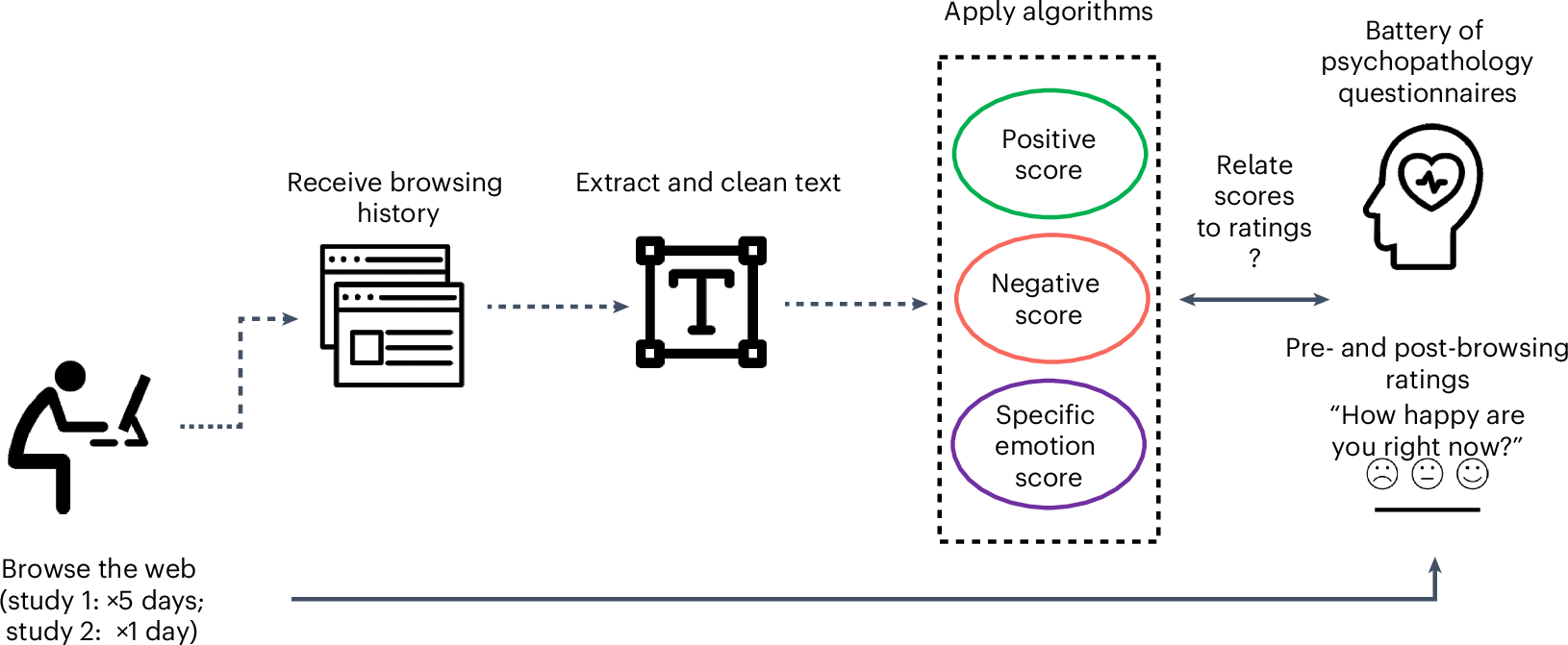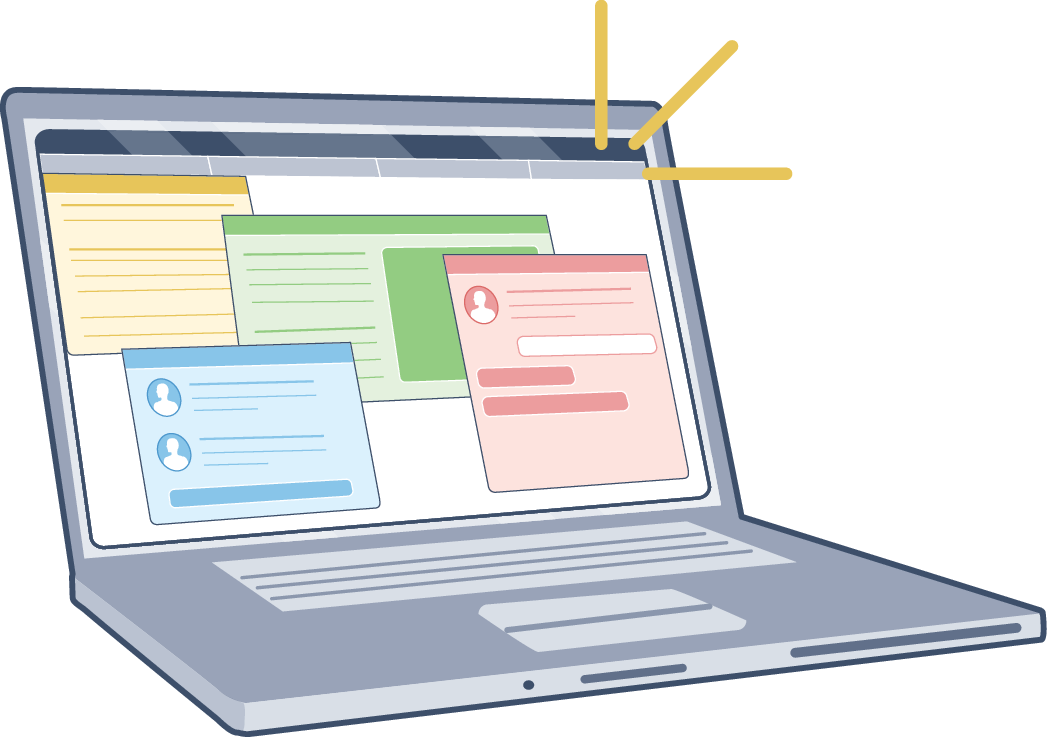
Chris Kelly
@chris_a_kelly
Postdoc Fellow @StanfordHAI | Previously Cognitive Neuroscience PhD @affectivebrain @UCL @MPC_CompPsych @MIT | Irish ☘️
Excited to share our new article w/@affectivebrain in @NatureHumBehav. Key finding: consuming more negative content online is tied to poorer mental health—and vice versa. 💻🧠 Article link: doi.org/10.1038/s41562… 🧵 Read on for more insights from the study

🚨 New paper alert! 🚨 “Considering information-sharing motives to reduce misinformation” out now in Current Opinion in Psychology with @affectivebrain. doi.org/10.1016/j.cops… (1/n)
Come join our lab🧠🤖
Our Lab is looking to hire 2 new members! We are searching for an enthusiastic data scientist and project coordinator. This role will include training in key psychological natural language processing methods and is an excellent stepping stone for pursuing graduate studies!
🤖🧠Interested in the intersection of AI and Neuroscience? Register here for a phenomenal series of talks: docs.google.com/forms/d/e/1FAI…
Our Lab is looking to hire 2 new members! We are searching for an enthusiastic data scientist and project coordinator. This role will include training in key psychological natural language processing methods and is an excellent stepping stone for pursuing graduate studies!
📢 New publication with @affectivebrain in @NatureHumBehav Key finding: Human-AI interactions create feedback loops, where AI amplifies human biases, which are then further internalized by humans across perceptual, emotional & social domains. nature.com/articles/s4156… 🧵1/6
"Just as we now glance at nutrition labels without a second thought, we could one day check content labels before diving into a news article or blog post." Column: Why the internet needs content labels 📝 Tali Sharot and Christopher A. Kelly time.com/7177598/intern…
Check out this fantastic commentary on our article (rdcu.be/d0ZHS) by @ALCamerini, published today in @NatureHumBehav 🔗 nature.com/articles/s4156…

.@chris_a_kelly and @affectivebrain reveal that web-browsing both reflects and affects mental health. Highlighting webpage emotional impacts helped reduce negative browsing and improve mood. nature.com/articles/s4156…
Do people feel that the current state of generative AI aligns with their values? We asked 6,362 people in 6 countries. 👉Spoiler: Most say no (d = 1.061). But there is huge variation in perceived alignment across countries (partial η² = 0.132). WP: doi.org/10.31234/osf.i… 1/n
🚨New WP: Can LLMs predict results of social science experiments?🚨 Prior work uses LLMs to simulate survey responses, but can they predict results of social science experiments? Across 70 studies, we find striking alignment (r = .85) between simulated and observed effects 🧵👇
🚨 Preprint Alert 🚨osf.io/preprints/psya… How do we aggregate emotional information on social media feeds, and are we accurate in our estimation of what other people feel? Our new paper suggests that we tend to amplify aggregated emotional content. Check out our thread. 🧵
I'm giving a talk tomorrow at Columbia-- Public Health (Thur 2/29, 1-2.30pm) -- NLP and LLMs for mental health. “Using Digital Text and LLMs to Understand and Improve Individual and Community Mental Health” If you happen to be around and free, please join!…